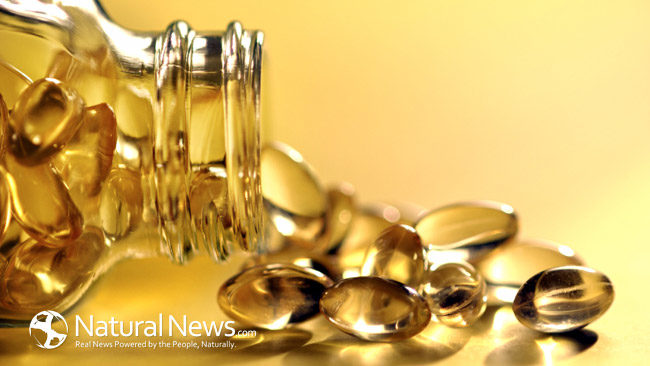Skin cancer is the most popular type of cancer with 5.4 billion basal and squamous cell skin cancers diagnosed yearly in the United States. (1) With summer upon us, many people seek to utilize sun screens to protect their skin, but do they really work? Several studies report that those who spend the greatest amount of time outdoors have the lowest risk of melanoma.
Skin cancer is the most frequent type of cancer in the United States!
Melanoma is found on places on the body that receive minimal sun exposure such as the soles of the feet, genitals, inside the nose and mouth and under fingernails. In 2007, the FDA concluded that “available evidence fails to show that sunscreen use alone prevents skin cancer.” In fact, the Environmental Working Group reported that nearly half of the most popular brand sunscreens actually accelerate the development of malignant skin cancer cells.
In 2007, the FDA reported that evidence does not support that sunscreen prevents skin cancer!
If sunscreen won’t protect the skin from skin cancer, what will? Georgiana Donadio, director of the National Institute of Whole Health, recommends feeling the skin from the inside out. Meaning that the skin depends on vitamins and nutrients to fight skin conditions such as psoriasis, acne and even skin cancer.
Eight vitamins and nutrients that could protect and prevent skin cancer!
Consider increasing the following vitamins and nutrients in order to help fight against skin cancer.
- Antioxidants: Oxidative damage has been linked to increase risk of cancer. Diets high in antioxidants have been shown to lower the risk of cancer. Consider increasing consumptions of carrots, sweet potatoes, pumpkin, cantaloupe, citrus fruits, spinach, kale, tomatoes, red peppers and berries.
- Omega-3 Fatty Acids: Omega-3 fatty acids are shown to slow cancer growth and are linked to a reduced risk of heart disease. Having a balance between omega-3 fatty acids and omega-6 fatty acids is essential. Too many omega 6 fatty acids will work their way to the surface of the skin and the sunlight will oxide them creating free radicals that will damage the DNA.
- Selenium: A 1996 study reported that selenium supplements reduce the risk of death due to skin cancer by 50 percent and resulted in 37 percent fewer malignancies. Consume foods such as brazil nuts, walnuts, free-range chicken or grass-fed beef.
- Vitamin A: Vitamin A supplements can actually be toxic, it is best to feed your body foods rich in beta carotene and then allow the body to covert it into vitamin A.
- Vitamin B: Biotin is the basis of skin cells and is found in bananas, eggs, and rice. Vitamin B3 protects the immune system and prevents UV damage to the skin. It is found in grass-fed beef, free-range chicken, venison, salmon and nuts.
- Vitamin C: Several studies show that Vitamin C lowers the risk of cancer. A study from Portugal found that Vitamin C supplements helped protect the skin from skin cancer. Foods such as citrus fruits, bell peppers, broccoli, cauliflower an leafy greens contain vitamin C.
- Vitamin D: Vitamin D come from the sun and is actually good for our skin and can prevent skin cancer. Salmon and eggs are also good sources of Vitamin D.
- Vitamin E: Vitamin E is effective for skin treatment but supplementing large doses can be harmful. Vitamin E can be found in asparagus, olives, nuts, seeds and spinach.
If you are concerned about skin cancer, it may be best invest in your diet instead of sunscreen. If you choose to utilize sunscreen, research the brand and ingredients to assure that you are using safe products.
Sources included:
(1) http://www.cancer.org/cancer/cancercauses/sunanduvexposure/skin-cancer-facts
(2) http://www.naturalnews.com/045676_sunscreen_cancer_vitamin_D.html





